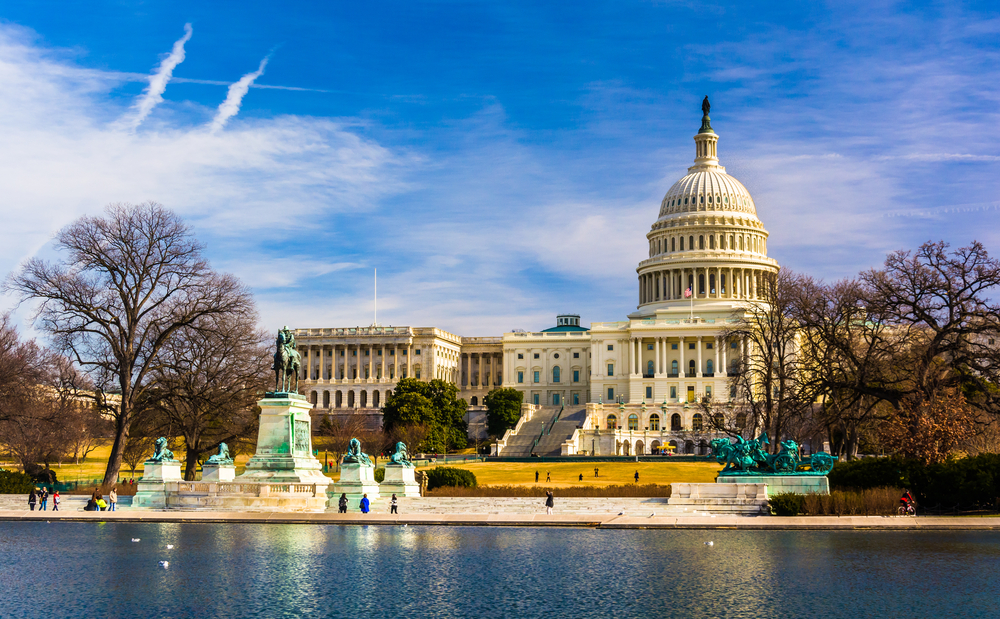The tax-writing House Ways & Means Committee held a hearing on April 11 on the TCJA and its expiring individual and estate tax provisions. Predictably, the hearing showcased GOP support for extending the TCJA’s individual and estate tax rules that expire at the end of 2025. Democrats, on the other hand, called for more taxes to be paid by corporations and “the rich.”
Generally, the hearing broke no new ground. Those in support of extending (or making permanent) the expiring TCJA tax cuts noted record levels of revenue collected since the law’s enactment and claimed the problem with spiraling deficits derives from too much spending, not from inadequate taxation. Those skeptical of extending the expiring provisions argued that “the rich” (generally, those earning more than $400,000/year and especially multi-millionaires and billionaires) should pay more in taxes.
Committee members on both sides of the aisle made clear that currently, no one is considering a wholesale treatment of the TCJA’s expiring provisions. They said that each provision would be examined separately and judged as to whether it should be extended, made permanent, modified, or allowed to expire.
Among the provisions of significant concern to NAIFA members is section 199A, a 20 percent deduction for qualifying noncorporate business income. That provision was crafted to give small (noncorporate) business tax relief roughly equivalent to the relief corporations were getting from cutting the corporate rate from 35 percent to 21 percent. If, as many in both parties are thinking, the corporate rate (at least for large corporations) may rise (to 28 percent or so), then modification of section 199A to retain that rough equivalence may well be in order, Hill folks say.
Also in play will be rates—especially for individuals with taxable income above $400,000 and for corporations. The estate tax personal exemption is also expected to be part of the debate, as is the net investment income tax (NIIT).
If Congress does not act prior to December 31, 2025, the expiring provisions will result in the tax rules reverting to the level they were at in 2016, That means no section 199A deduction, a top individual tax rate of 39.6 percent (higher when the NIIT is factored in). The estate tax personal exemption will also revert back to 2016 levels ($5 million) as adjusted for inflation (likely around $7 million) per individual.
New tax proposals are also possible—issues like whether annual increases in the value of investments, even when they are not sold (gains realized), should be currently taxed for super-wealthy taxpayers will probably come from Democrats. President Biden has proposed such an unrealized income tax for the ultra-wealthy as have many in Congress, including some on the tax-writing committees. Also likely in play will be such insurance-specific proposals as the one to rein in the use of private placement life insurance (PPLI) as a tax shelter.
Prospects: It is near-certain that Congress will be tackling a major tax bill in 2025. No one in either party wants all of the 2017 tax cuts to go away—Democrats (including President Biden) generally want to avoid new taxes on those earning less than $400,000. Generally, Republicans want to preserve current law individual and estate tax rules as is. The shape of the debate—and its outcome—will be influenced by the results of the November election. All-one-party control (whether Democrats or Republicans) will lead to results that differ greatly from whatever compromises would have to develop if 2025 brings more divided government. But the fact is it is inevitable that there will be a very major tax bill next year, and this hearing at Ways & Means is but one of many steps in an ongoing debate that will only get more intense as the end of 2025 gets closer.
NAIFA Staff Contact: Jayne Fitzgerald – Director – Government Relations, at jfitzgerald@naifa.org.






.png?width=600&height=90&name=Support%20IFAPAC%20%20(600%20%C3%97%2090%20px).png)
